
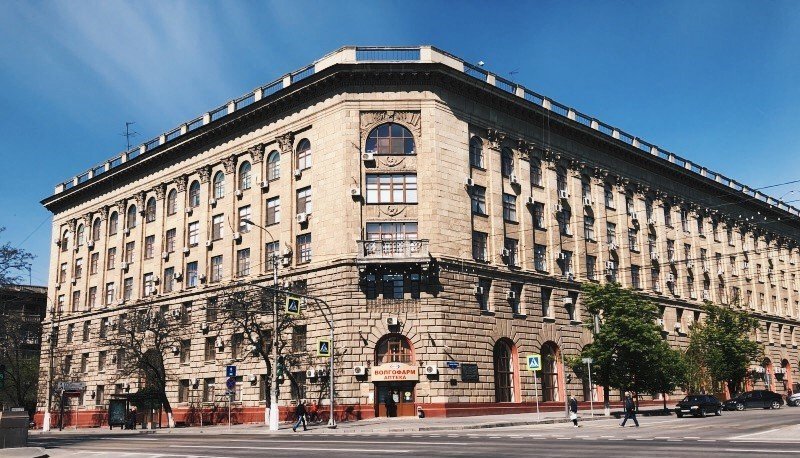



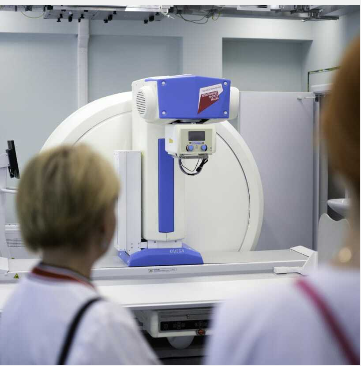
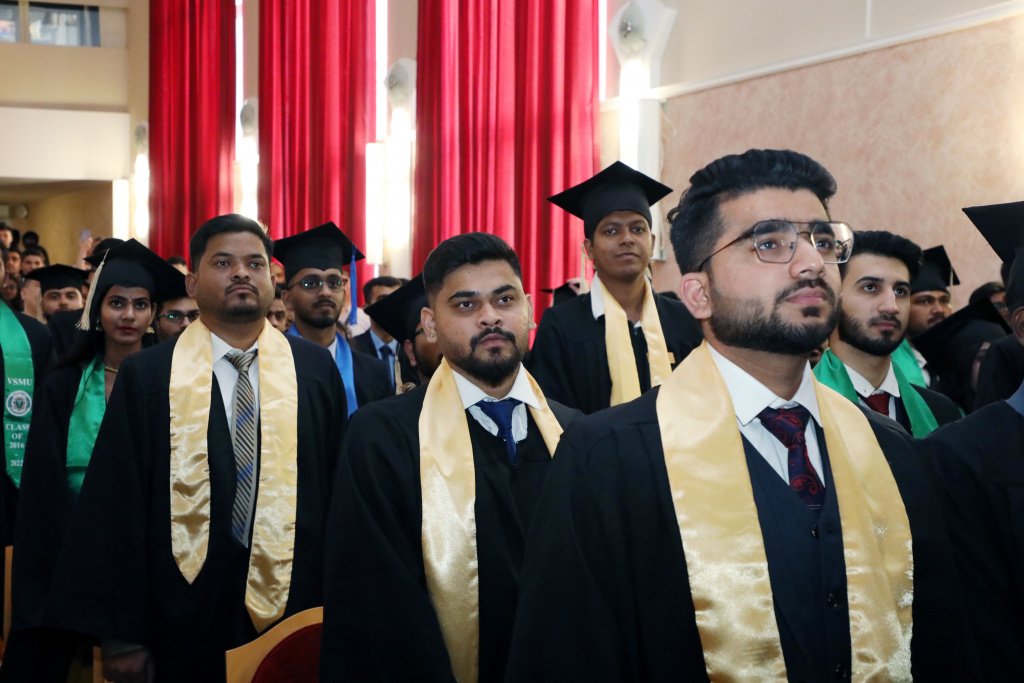
Establishment and Heritage: Volgograd State Medical University (VolgSMU) stands as one of the oldest institutions in the hero city of Volgograd, tracing its roots back to 1935 when it was founded as the Stalingrad Medical Institute.
Evolution into Prominence: Over the years, VolgSMU has evolved into one of the largest medical and pharmaceutical universities in Russia, boasting a significant student population across various levels of study. In 2012, it solidified its position as a key player in the Russian medical education landscape.
Educational Impact: Volgograd State Medical University has accumulated vast experience in producing highly qualified specialists in diverse medical fields. Notably, it takes pride in graduating over 4,000 students from the Faculty of General Medicine, more than 6,500 from the Faculty of Dentistry, and over 2,000 from the Faculty of Pharmacy.
Trust and Oversight: Operating under the supervision of the Ministry of Healthcare of the Russian Federation, VolgSMU is recognized for its commitment to maintaining high standards and accountability in its activities.
Technological Advancement: Dedicated to staying at the forefront of medical education, Volgograd State Medical University prioritizes the integration of cutting-edge technologies in its laboratories and clinics. This ensures that its graduates are well-equipped to navigate and contribute to the latest advancements in the medical field.
Leadership and Recognition: VolgSMU has consistently demonstrated leadership in the Russian medical education landscape. It holds a position among the top 10 medical universities in the country, with a longstanding tradition of producing skilled medical professionals. Additionally, it is ranked among the top 100 universities in Russia according to best_edu.ru. Furthermore, the university holds the impressive second place in the number of foreign students among medical universities in Russia, showcasing its global appeal.
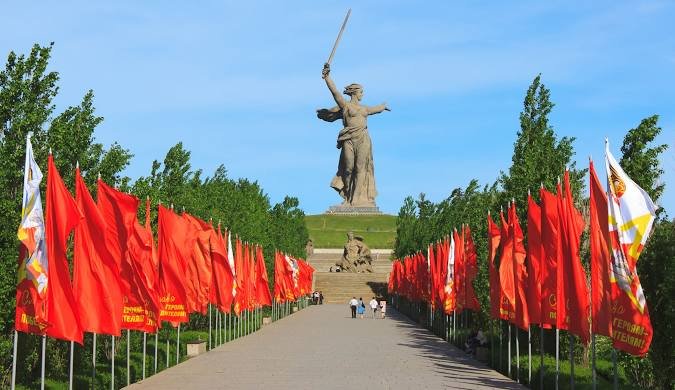
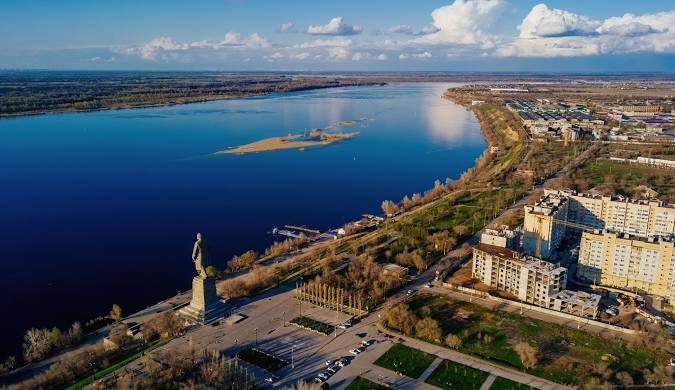
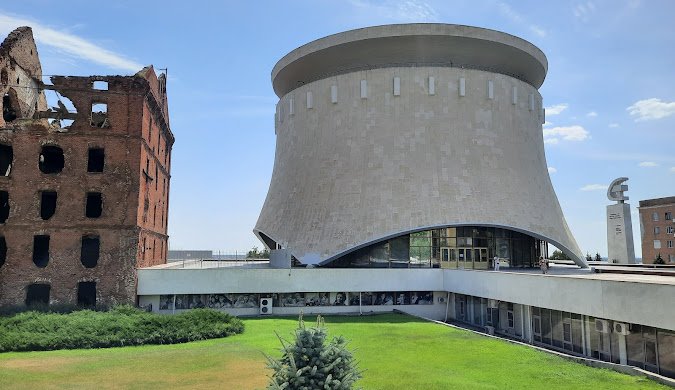
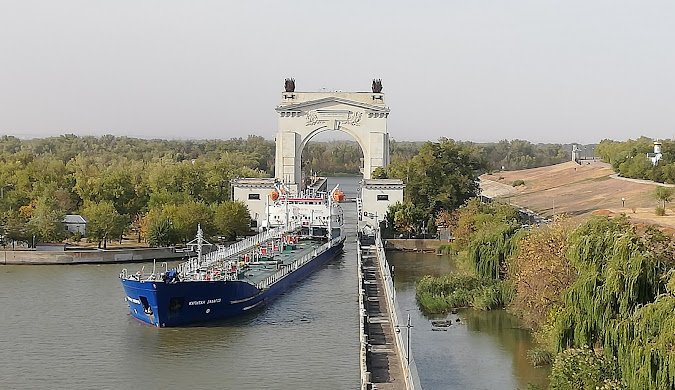
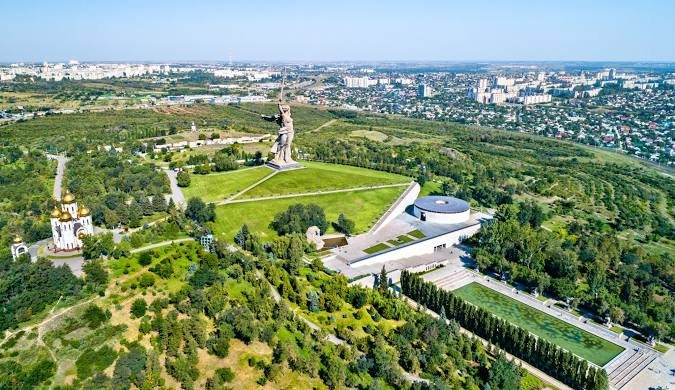
Historical Evolution: Volgograd, formerly known as Tsaritsyn (1589–1925) and later as Stalingrad (1925–1961), holds a significant place in Russian history. Situated on the western bank of the Volga, it is the largest city and administrative center of Volgograd Oblast, Russia. Covering an expansive area of 859.4 square kilometers and with a population exceeding one million residents, Volgograd ranks as the sixteenth-largest city in Russia by population, the second-largest in the Southern Federal District, and the fourth-largest along the Volga.
Foundation and Growth: Established as the fortress of Tsaritsyn in 1589, the city’s importance burgeoned in the nineteenth century, evolving into a vital river-port and commercial hub. This economic significance contributed to its rapid population growth.
Revolutionary Era and Name Changes: During the Russian Civil War in November 1917, Tsaritsyn came under Bolshevik control. Although briefly captured by the White Army in mid-1919, it returned to Bolshevik control in January 1920. In 1925, the city underwent a name change to Stalingrad in honor of Joseph Stalin, who was the ruling authority at the time. The city gained international recognition during World War II due to the infamous Battle of Stalingrad, one of the largest and bloodiest conflicts in the history of warfare, leading to Volgograd being designated as a Hero City. In 1961, during Nikita Khrushchev’s de-Stalinization initiative, the city was renamed Volgograd.
Symbolic Landmarks and Modern Attractions: Volgograd today is home to The Motherland Calls, an 85-meter high statue commemorating the heroes of the Battle of Stalingrad. This statue stands as the tallest in Europe and the world’s tallest of a woman. The city boasts numerous tourist attractions, including museums, sandy beaches, and a unique self-propelled floating church. In 2018, Volgograd was a host city for the FIFA World Cup.
Climate and Geography: Volgograd experiences a cold semi-arid climate (Köppen: BSk), characterized by hot summers and cold winters. Precipitation is generally low and evenly distributed throughout the year.
Excellence in Medical Education: Volgograd State Medical University has consistently secured a position among the top 10 best medical universities in Russia, showcasing its commitment to delivering quality education and producing highly skilled medical professionals. This achievement reflects the institution’s long-standing tradition of nurturing doctors with exceptional capabilities.
Recognized Academic Standing: The university has earned recognition on a broader scale, being ranked among the top 100 universities in Russia by best_edu.ru. This acknowledgment further underscores Volgograd State Medical University’s significant impact on the academic landscape within the country.
Global Diversity and Inclusivity: Demonstrating its appeal on an international level, the university proudly holds the second position among medical universities in Russia for hosting a substantial number of foreign students. This reflects its dedication to fostering a diverse and inclusive learning environment.
Global Impact: A source of pride for Volgograd State Medical University is its extensive global reach. With over 4,500 specialists proudly holding diplomas from the university, these graduates contribute their expertise to more than 120 countries worldwide. This international impact underscores the university’s commitment to producing professionals who make meaningful contributions on a global scale.

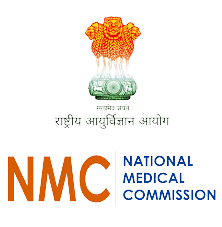
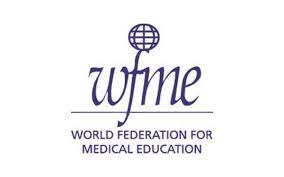
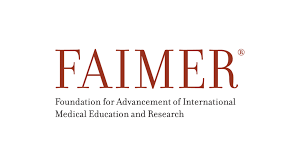
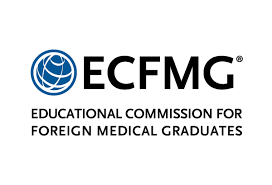
Volgograd State Medical University – Quick Information:
Year of Establishment: 1935
Recognitions:
Duration of MBBS Course: 6 years (includes one year of internship)
Eligibility Criteria:
Intake: September
Medium of Teaching: English
NEET Requirement: Mandatory
TOEFL/IELTS: Not required
Hostel Accommodation: Available
Discover the Distinct Advantages of Choosing Volgograd State Medical University:
Rich Legacy and Expertise: Established in 1935, Volgograd State Medical University boasts a profound legacy, showcasing extensive experience in producing highly qualified specialists across various medical disciplines. With pride, the university has graduated over 4,000 students from the Faculty of General Medicine, 6,500 from the Faculty of Dentistry, and more than 2,000 from the Faculty of Pharmacy.
Commitment to Trust: Volgograd State Medical University operates under the vigilant supervision of the Ministry of Healthcare of the Russian Federation, instilling confidence in its commitment to uphold trust and adhere to the highest standards in medical education.
Cutting-Edge Technology and Quality Education: Dedicated to providing top-notch education, the university prioritizes the integration of the latest technologies in its laboratories and clinics. This commitment ensures that graduates are well-equipped to navigate and contribute to the dynamic field of modern medicine.
Top Rankings and Tradition of Excellence: Choosing Volgograd means aligning with excellence. The university consistently ranks among the top 10 medical universities in Russia, showcasing its enduring tradition of producing skilled and reputable doctors. Additionally, it holds a position among the top 100 universities in Russia, as recognized by best_edu.ru. Notably, the university secures the second spot among medical institutions in Russia for hosting a significant number of foreign students.
In summary, when you choose Volgograd State Medical University, you opt for a distinguished institution with a legacy of excellence, a commitment to technological advancement, and a tradition of producing accomplished medical professionals.
Dedicated to Enhancing Student Life:
At our institution, every day is an opportunity to contribute to the well-being and happiness of our students. We are committed to creating an environment that fosters growth, joy, and success throughout their educational journey.
Facilities for Active Living:
Sport Halls: Our well-equipped sport halls provide a space for students to engage in physical activities, promoting a healthy and active lifestyle.
Activity Hall and Co-Working Space: A versatile space designed for both recreational activities and collaborative work, offering a dynamic environment that caters to various interests and needs.
Comfortable Living Spaces:
Rooms for 2–3 Persons: We understand the importance of a conducive living environment. Our shared living spaces are designed to ensure comfort and camaraderie among students.
Free Wi-Fi: Stay connected seamlessly. Our commitment to providing free Wi-Fi enhances accessibility and connectivity for both academic and recreational pursuits.
At our institution, we believe in the holistic development of our students. By offering these facilities, we aim to create a supportive and enriching atmosphere that goes beyond academics, making their college experience better and happier.
| Year/Semester | Courses |
|---|---|
| 1st Year | |
| Semester 1 | Anatomy |
| Semester 2 | Anatomy & Histology |
| 2nd Year | |
| Semester 3 | Histology, Biochemistry, Anatomy, Physiology |
| Semester 4 | Biochemistry, Microbiology, Physiology |
| 3rd Year | |
| Semester 5 | Pathology, Pharmacology, Microbiology, Pathophysiology |
| Semester 6 | Pathology, Pathophysiology, Pharmacology, Genetics and Principles of Clinical Medicine |
| 4th-6th Year | |
| Semester 7-12 | General Surgery, Primary Care Medicine, Oncology, Psychiatry, Pediatrics, Cardiology, ENT, Neurology, Obstetrics and Gynecology, Internal Medicine, Neurology and Psychiatry, Psychology, Emergency Medicine |
Eligibility criteria for MBBS admission at the University adhere to the guidelines set by the National Medical Commission (NMC) for Indian students. The requirements are outlined below:
Academic Performance:
NEET Qualification:
Age Requirement:



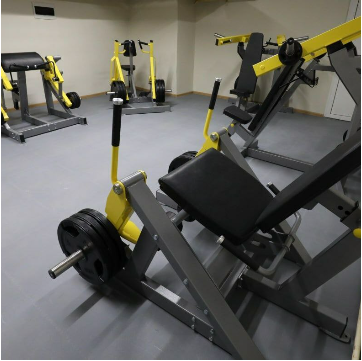

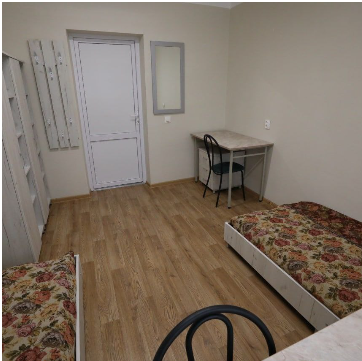

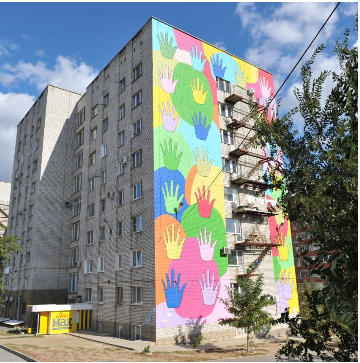
Hostel Accommodation:
Diverse Community Living:
Hostel Management:
Facilities for Academic and Physical Development:
Self-Cooking Facilities:
Well-Furnished Rooms:
Convenient Location:
Step 1: Initial Counseling
Step 2: Submission of Application
Step 3: Payment of Application Fee
Step 4: University Admission
Step 5: payment of 1st year Tuition Fees
Step 6: payment of Visa Processing & Documentation Charges
Step 7: Invitation Letter
Step 8: Visa Application
Step 9: Payment of Consultancy Service Charges
Step 10: Purchase of Air Ticket
Step 11: Document Safety
Step 12: Airport Reception and Briefing
Step 13: Arrival and Enrollment
Documents Required:
To ensure a smooth MBBS admission process Indian students are required to submit the following documents. Please note that all documents must be translated into Russian and duly certified at a consular department of the embassy (This will be taken care by RICH GLOBAL EDU)
Educational Documents:
NEET Exam Related:
Identification and Travel Documents:
Photographs:
Health and Safety Documents:
Ensuring that these documents are properly translated and certified is crucial for a successful application process.
Tution Fees + Hostel Fees Per Year: 5900 USD
Notably, any one-time charges have been excluded for simplicity and ease of understanding.
*Food/Indian Mess Cost = 100 to 120 USD Per Month
Additional Expenses only in 1st year
| Expense Component | Cost (INR) |
|---|---|
| Application Fees | INR 10,000 |
|
Documentation & Visa Processing Charges This includes:
|
INR 1,00,000 |
| Consultancy Charges | INR 50,000 |
| Air Ticket | INR 30,000 – INR 40,000 |
Countries for MBBS Abroad
Top Universities for MBBS
FAQs
MBBS in Moldova
MBBS in Nepal
MBBS in USA
© 2024 Rich Global Edu
For security purposes, please solve this simple puzzle to verify you are human before sending an OTP.